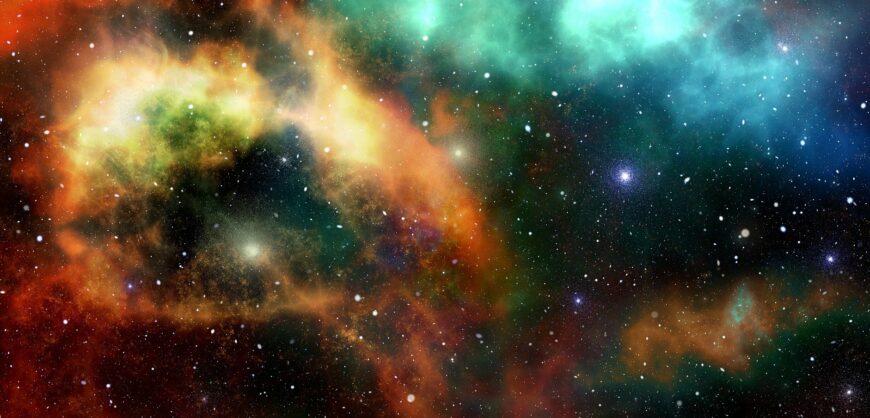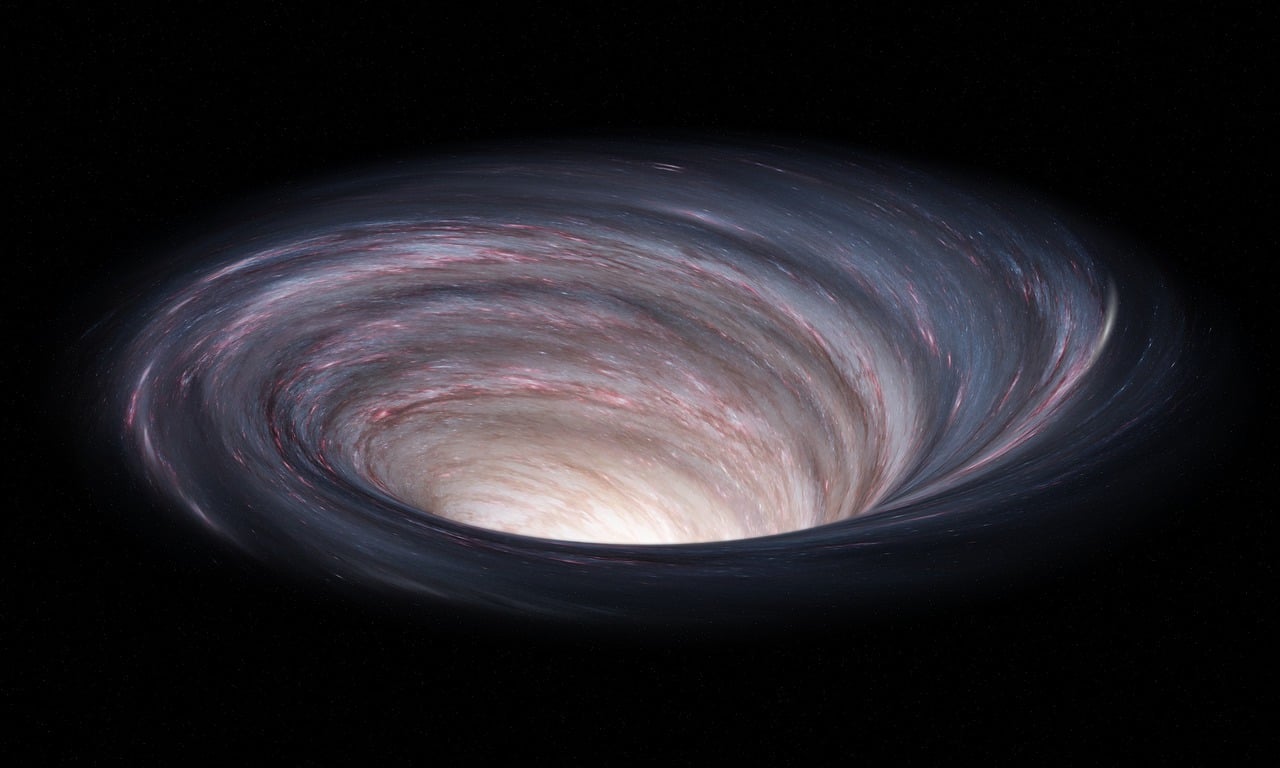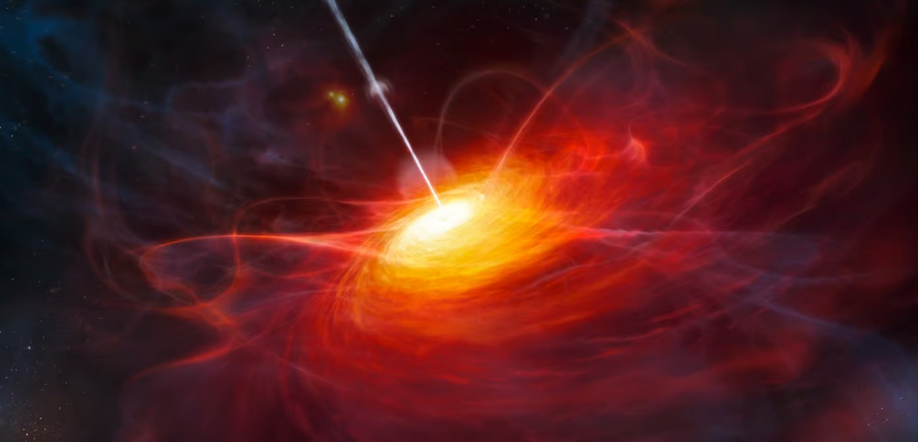Our universe could be twice as old as current estimates, according to a new study that challenges the dominant cosmological model and sheds new light on the so-called “impossible early galaxy problem.”
The work is published in the journal Monthly Notices of the Royal Astronomical Society.
“Our newly-devised model stretches the galaxy formation time by a several billion years, making the universe 26.7 billion years old, and not 13.7 as previously estimated,” says author Rajendra Gupta, adjunct professor of physics in the Faculty of Science at the University of Ottawa.
For years, astronomers and physicists have calculated the age of our universe by measuring the time elapsed since the Big Bang and by studying the oldest stars based on the redshift of light coming from distant galaxies. In 2021, thanks to new techniques and advances in technology, the age of our universe was thus estimated at 13.797 billion years using the Lambda-CDM concordance model.
However, many scientists have been puzzled by the existence of stars like the Methuselah that appear to be older than the estimated age of our universe and by the discovery of early galaxies in an advanced state of evolution made possible by the James Webb Space Telescope. These galaxies, existing a mere 300 million years or so after the Big Bang, appear to have a level of maturity and mass typically associated with billions of years of cosmic evolution. Furthermore, they’re surprisingly small in size, adding another layer of mystery to the equation.
more at phys.org
image credit Credit: CC0 Public Domain






































